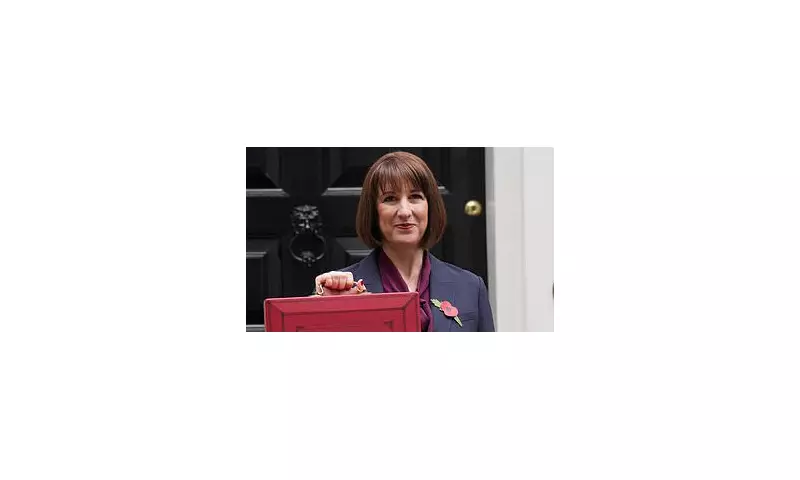
Chancellor's Pension Shakeup Sparks Economic Concerns
Chancellor Rachel Reeves is preparing a significant £3 billion raid on middle-class pensions this week as part of efforts to fund welfare policy changes. The move targets salary-sacrifice arrangements used by millions of private-sector workers across Britain.
Targeting Pension Savings
The Treasury is focusing on scaling back tax relief for salary-sacrifice pension schemes, which currently cost the government approximately £4 billion annually. Under these arrangements, workers accept reduced monthly wages while their employers make equivalent pension contributions, reducing National Insurance liabilities for both parties.
Initial proposals considered capping the salary that can be sacrificed at just £2,000, generating around £2 billion in savings. However, the Financial Times reports the Treasury now aims to save between £3 billion and £4 billion, suggesting more substantial reductions or complete elimination of the tax break.
Funding Welfare Changes
The pension changes come as Ms Reeves prepares to scrap the two-child benefit cap following pressure from Labour MPs. Removing this restriction is estimated to cost £3.5 billion, similar to the expected savings from the pension adjustments.
Treasury sources had previously indicated that abolishing the two-child cap was effectively off the table this year. However, with left-wing MPs threatening leadership challenges against both Sir Keir Starmer and Ms Reeves, the policy appears set for reversal in Wednesday's Budget announcement.
Expert Warnings and Economic Impact
Former pensions minister Sir Steve Webb warned that capping salary sacrifice at £2,000 would affect many working people the Government claims to protect. The partner at LCP pensions consultancy stated: "You can't raise billions from this without hurting middle-income earners."
Another former pensions minister, Ros Altmann, described the proposals as effectively a stealth tax on employers who would face substantial administrative costs while seeing employees' pension benefits reduced.
The Confederation of British Industry (CBI) conducted polling showing almost three-quarters of large companies would not compensate for the shortfall in pension contributions created by the changes. CBI chief Rain Newton-Smith urged spending restraint, telling the Chancellor: "You will never be able to tax your way to growth."
Historical Parallels and Sector Disparities
The proposed changes draw comparisons to Gordon Brown's controversial pensions raid during the previous Labour government. Former work and pensions secretary Sir Iain Duncan Smith criticised the move, stating the Government was dismantling what was once "the greatest pension system in the world."
Sir Iain added: "This will be a huge hit on savings. The biggest victims will be middle-income earners trying to do the right thing. Pension funds will pay out less to members, meaning less money circulating in the economy and reduced investment capacity."
Analysis by LCP for The Sunday Times revealed significant disparities between public and private sector pensions. An average private-sector worker could expect to receive £533.80 for every £100 invested over twenty years. In contrast, NHS workers would get £1,130.20, civil servants £1,008.60, and teachers £984 for the same investment.
Former Bank of England chief economist Andy Haldane warned the UK faces a vulnerable moment unless the Chancellor can convince financial markets that government spending remains under control.
Meanwhile, the Treasury confirmed the state pension will increase by £550 next year under the Triple Lock mechanism, while also targeting a £1.2 billion reduction in benefit fraud and error.





